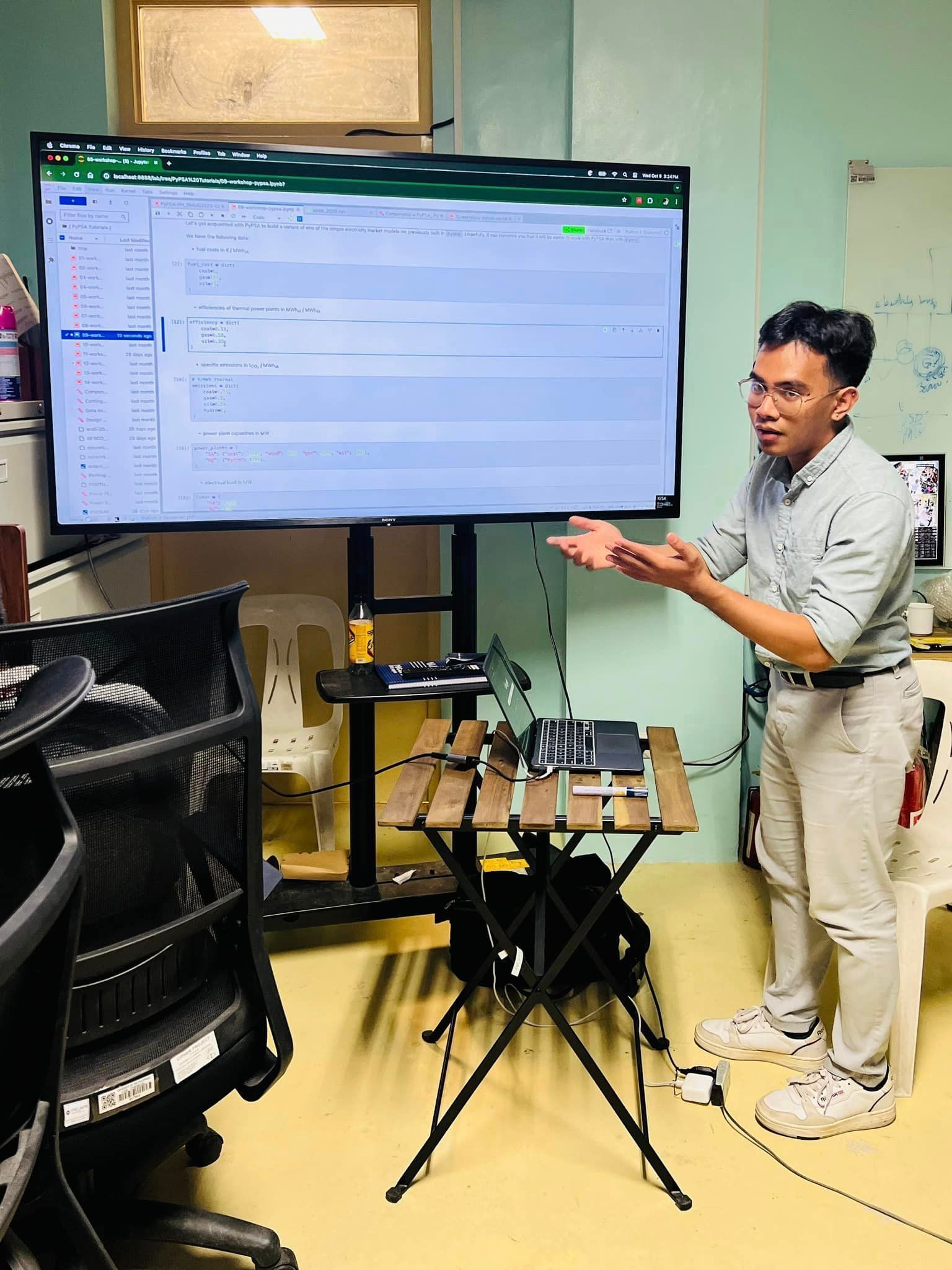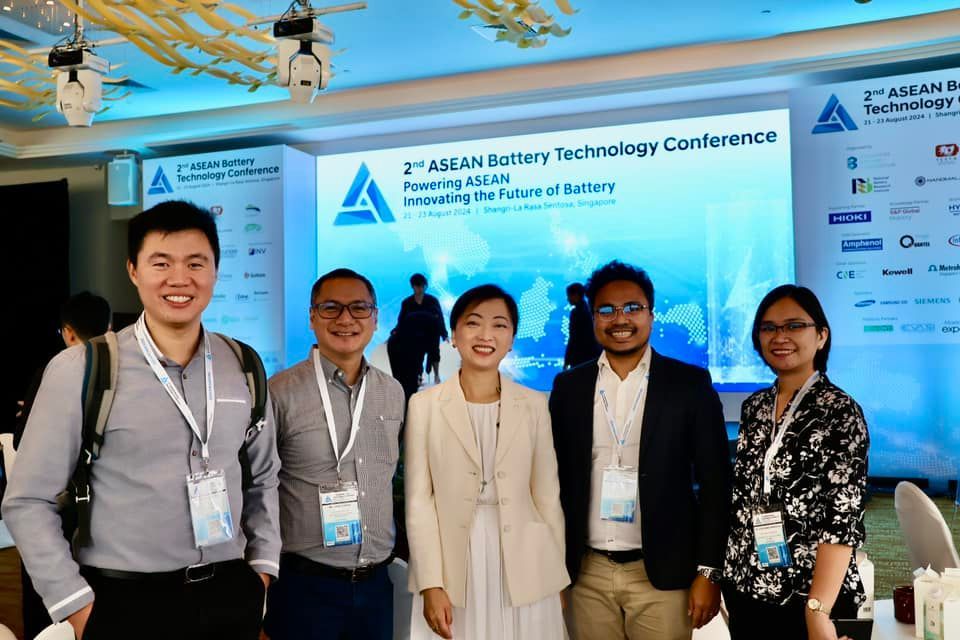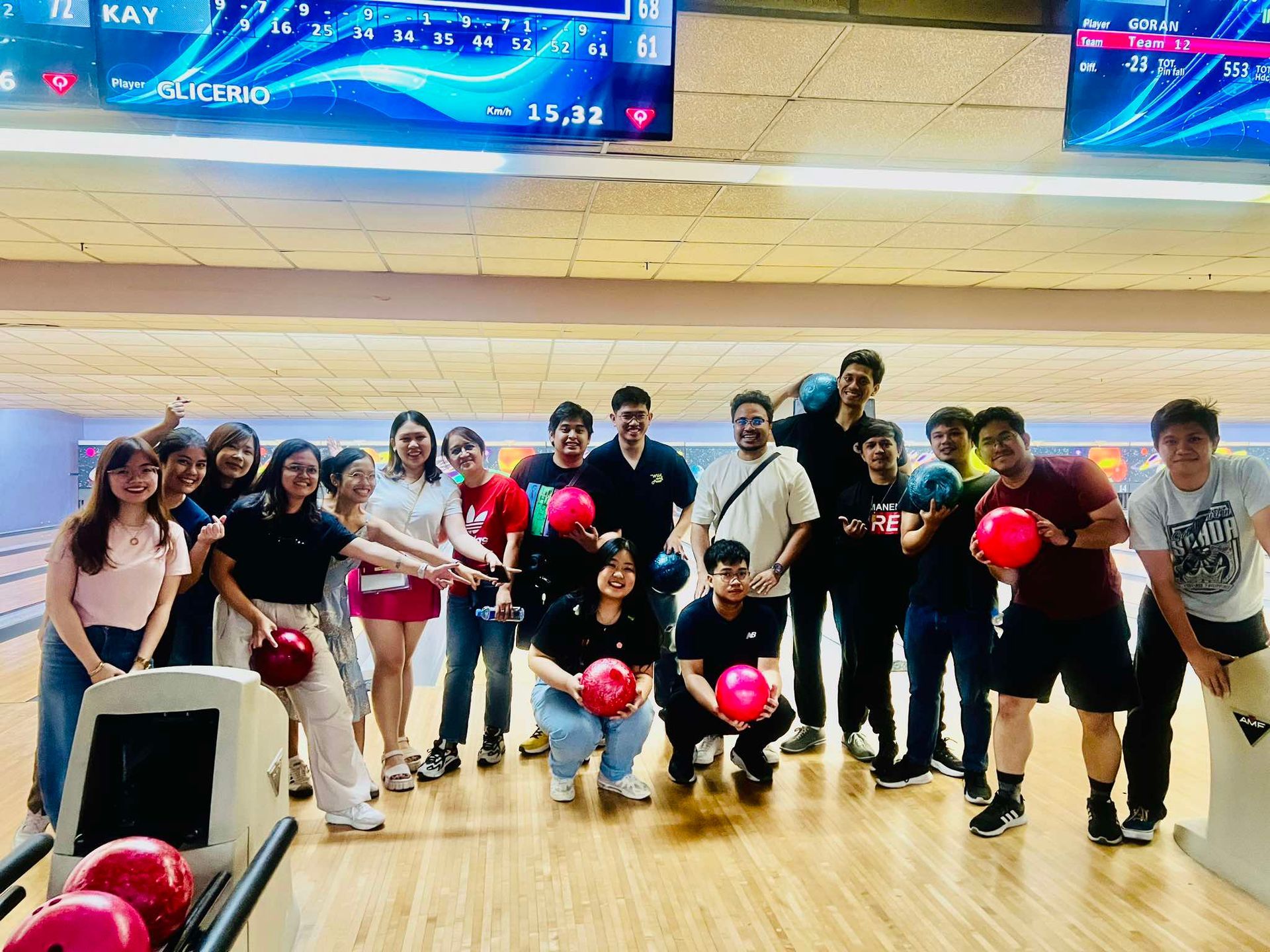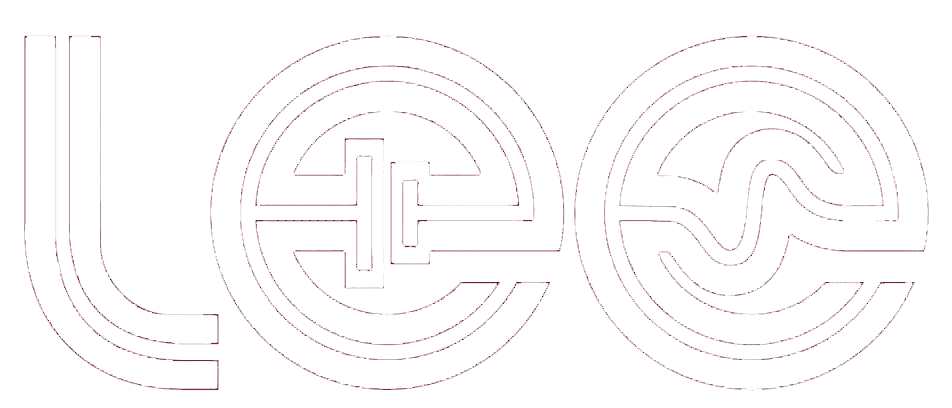LEE represents PH in the 2018 ISE Annual Meeting

Prof. Joey Ocon, together with 2 Ph.D. and 3 M.S. students, presented posters on the current researches of the Laboratory of Electrochemical Engineering (LEE) in the 69th Annual Meeting of the International Society of Electrochemistry (ISE) held in Bologna, Italy last September 2-7, 2018.
The meeting with the theme “Electrochemistry from Knowledge to Innovation” is an annual gathering of ISE members and electrochemists from different countries to share their current works and to update themselves on the activities of the society.
Aside from their presentations, the LEE members also attended specialized lectures offered in the conference. They also mingled with academic peers and roamed around the picturesque cities of Italy. They share their experiences in the meeting through their testimonies below.
Julie Anne del Rosario, Ph.D. ChE student
“I presented a poster on my research entitled, “Influence of Alkali Metal-Containing Electrolytes on Oxygen Evolution Reaction in Alkaline Media”. I expected the 6-day meeting to be an academic star-studded event in the field of electrochemistry and it didn’t disappoint me. I’ve listened to award-winning authors, scientists, and engineers like Marc Orazem, Steven Chu, and Marc Koper talk about innovative solutions on solving problems from material science, energy, environment, to biomedicine. In addition, the historical plazas, medieval structures, and vibrant cafes in the city of Bologna made the conference days more exciting. Attending such meetings energizes and drives me to continue doing my research on developing storage and conversion technologies for a more sustainable energy system.”
Joseph Ortenero, Ph.D. ChE student
“I presented my paper on the synthesis, characterization and OER activity measurement of a mixed-metal chalcogenide catalyst for energy storage and conversion applications in the poster session. Another paper of mine on mechanistic study of the electrodeposition of NixFe2-xSe3 catalyst was also presented in the same session. Also, I attended a lecture on “Impedance Spectroscopy for the Diagnostic of Electrochemical Energy Storage/Conversion Systems.” The tutorial session enriched my understanding on the importance of impedance spectroscopy as characterization and diagnostic tool in electrochemistry. The recently concluded ISE Annual Meeting was a good opportunity for early career scientist who would like to meet and learn from people who work at the forefront of electrochemistry. You would be able to learn from the experts of the field and discuss results with other scientists at the same hierarchical ladder and field as yours. It was the best moment to collaborate with other researchers/professors to strengthen and build international linkages. It was an avenue that would lead you to meet your prospective foreign university/adviser to continue enriching your research experience through PhD or post-doctoral studies. Being part of the annual gathering of scientists in ISE was a great way to get informed about the direction of development in energy storage/conversion, to learn about the emerging fields in electrochemistry and to keep abreast of the state-of-the-art tools, software and instruments.”
Eugene Esparcia Jr, Research Fellow
“I presented my published work on magnesium-ion batteries in ISE conference by poster presentation, which some people who have the same research interest as min are amused with the material and its corresponding pertinent results. During the conference, I attended this the EIS workshop as part of my refresher and knowing new techniques of this electrochemical analysis technique. Attending this type of conference will give you the idea the research trends across the world, which can be transferred to the Philippines as part of our reality check and updating our collective research pursuits and efforts as a country. My general expectation of the ISE conference, which is well met in my opinion, is the high-level and in-depth discussion of electrochemistry and its various applications. In addition, the good thing about the ISE conference is the stressing the importance of the field to combat irreversible anthropological climate change as discussed by the Nobel Prize Laureate and former US Secretary of Energy Steven Chu in the plenary session.”
Desiree Mae Sua-an, MS EgyE student/Research Fellow
“On the first day of the ISE meeting, I attended a tutorial on Impedance Spectroscopy for the Diagnostic of Electrochemical Energy Storage/Conversion Systems. Also, I presented my study entitled “Active and Stable Metal-free Halogen-doped Graphene Electrocatalysts for Alkaline Fuel Cells” in a poster competition. I attended several lectures on fuel cells, electrolyzers, batteries, nanomaterials for electroanalytical chemistry, etc. I expected to gain more scientific and technological knowledge and to learn some electrochemical techniques and applications useful for my study. All the expectations were met through the ISE meeting.”
Ace Christian Serraon, MS ChE student
“I presented my poster on oxygen adsorption for alkaline-earth doped graphenes. This is in line with the VIRAL approach LEE follows in developing new materials for electrocatalysis. I was pleasantly surprised to find out that some of my co-presenters were affiliated with commercial entities, such as multinational companies and that they were starting their own computational materials research divisions. While the cost savings for doing in-silico materials discovery is apparent, I myself was shocked at the pace at which this development was taken up. This makes me feel more enthusiastic and optimistic with this line of work, and reassured to a certain extent that LEE is, at the least, trying to approach the world’s cutting edge in terms of research activities.”
The members are funded by conference grants from Philippine-California Advanced Research Institutes (PCARI) and Engineering Research and Development for Technology (ERDT)





